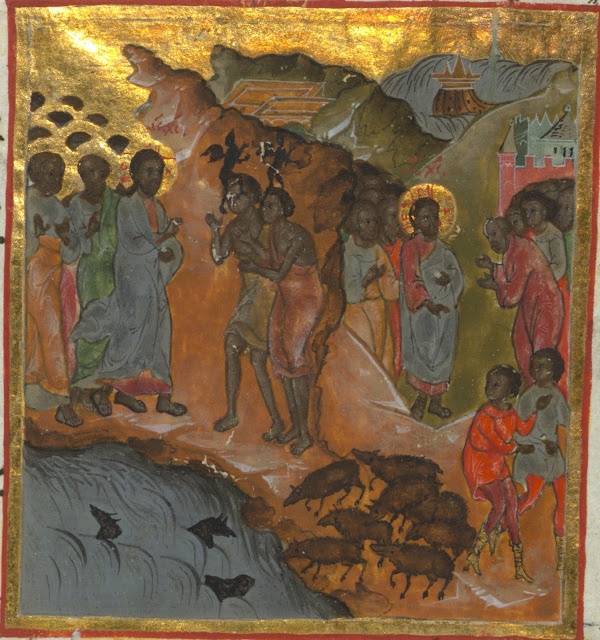Discourse on the Feeding of the Five Thousand With Five Loaves
By Basil of Seleucia
By Basil of Seleucia
I praise the desire for love of learning, but I approve the degree of love for the divine. And I know who instilled in you this excellent zeal. I know the instructor of your virtue, the father and at the same time shepherd and physician and governor. The one who excels in the evangelical life, and breathes apostolic grace. He who steers you to the heavenly meadows with spiritual trumpets, as the treasure of spiritual concepts that he is. The living image of philanthropy, he who has transcended the meekness of the law and is unconquered by anger, and shines with wisdom, and is crowned with virtues.
But great is the richness of your aversion to death, and the breadth of your love of learning, as I have said. And how can I satisfy you with my poor meal? How can I satiate with the small possibilities of my speech the greedy belly of your hearing? How will poor language be enough to edify so many people? Or, to use the timely words of the Apostles: "Where in the wilderness are we to get enough bread", so that again the rich Master, freeing from poverty, can bestow abundance?








































